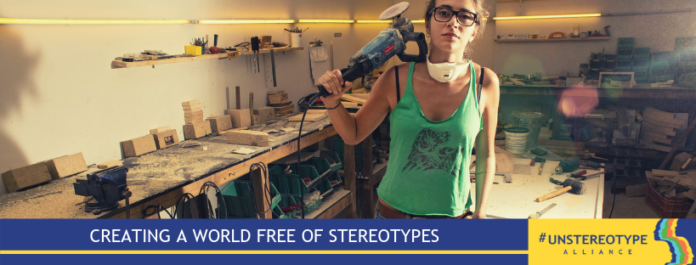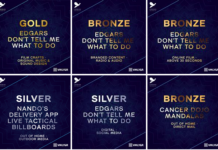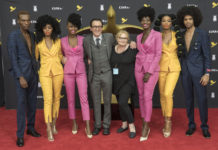As the Women’s Decade 2010-2020 of the African Union draws to a close, women the world over are standing firm in their push for gender equality, and they want men to walk and work with them, to change perceptions of how women are viewed and implement changes right where they are.
Men should feel powerfully emboldened to be counted as feminists – this is at the very core of the United Nations HeForShe campaign – a place where men can feel powerfully emboldened to be part of the movement and the solution.
The strides governments are making are laudable, said Anne Githuku-Shongwe, Representative at the United Nations Women South Africa Multi-Country Office. However, the real work of gender equality has to continually happen in our communities, in our thinking, in our advertising and our perceptions of women. ‘That’s what the United Nations HeForShe campaign is all about: taking personal responsibility and change that will cascade into thought and community change.’
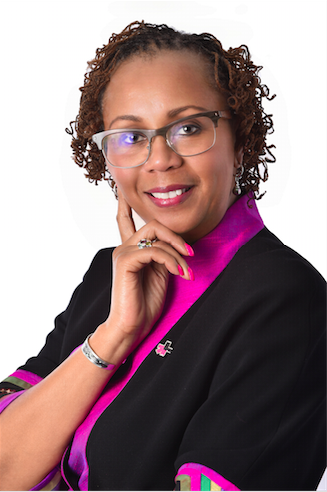
‘With the advertising industry, we’ve created the Unstereotype Alliance, and we’re really challenging private companies who spend billions on advertising to make sure that every single advert that goes out does not stereotype or reinforce images of women as weak or as sexual objects, but actually promotes the image of the future that we really want, which is one where gender equality thrives,’ explained Githuku-Shongwe.
The Unstereotype Alliance is a thought and action platform which uses advertising as a force for good to drive positive change. It seeks to eradicate harmful gender-based stereotypes in all media and advertising content. Convened by UN Women, the Unstereotype Alliance contributes to empowering women in all their diversity (including race, class, age, ability, ethnicity, religion, sexuality, language and education) and addressing harmful masculinities to help create a gender equal world.
The Loeries, the globally recognised awards for the advertising and communications industry across Africa and the Middle East, are ally members of the Unstereotype Alliance. One aim is to engage with communications students through a dedicated Unstereotype Alliance and HeForShe Facebook Challenge.
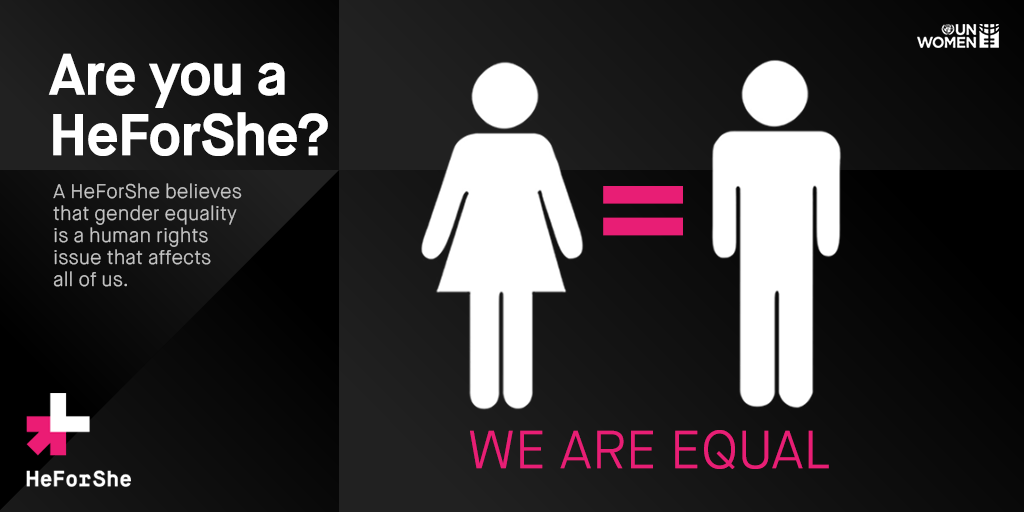
‘We really want students to engage themselves on the issue of stereotyping. If we can begin to impact on students who themselves are moving into this creative industry that shapes how we believe men and women should be in society, if we can start changing that, and every billboard that comes up and every ad that is on the table, imagine what that would do? A strong woman with a strong man, and positive families. These are the images we want portrayed. And just one powerful ad can make such a difference.’
‘This is the kind of conversation that we want to have at Loeries Creative Week in August this year, with men who are not ashamed to promote feminism, and who can stand and be counted as a feminist. We’ve got to impact everywhere there are influencers. Creatives are influencers, so if we can influence the influencers to influence the world, then we’re really influencing.’
Githuku-Shongwe explained, ‘In much of Africa and the Middle East, gender-based violence is normalised. It actually should be considered a state of emergency, the way you would deal with a cyclone or other disaster, because really there is a serious issue here. Rape in particular, and sexual violence, is prevalent in many countries, and it’s an area that really has to be dealt with because women will make progress in their education and in their economic advancements, but then they get into a situation of rape or some form of violence from a loved one, and all of that reverses,’ she
lamented.
Gender equality has to go far beyond just the number of women who sit in high positions; it has to translate to having actual impact on women’s lives. Economically, governments spend billions on procurements every year. ‘Barely one percent of that goes to towards women-owned businesses, and that’s a global average,’ she said.
‘Just imagine if 50 per cent of government procurement went to women-owned businesses? That would transform the world, because we know that women-owned businesses employ more people and impact on more people just because automatically they are households. So the economic upliftment of women is not something to do just because it’s cute, it actually makes transformational economic sense. It’s good business actually. And it starts with changing the way women are viewed and treated,’ concluded Githuku-Shongwe.
Githuku-Shongwe will be speaking at the Unstereotype Alliance Masterclass as part of Loeries Creative Week, from 22-25 August.


